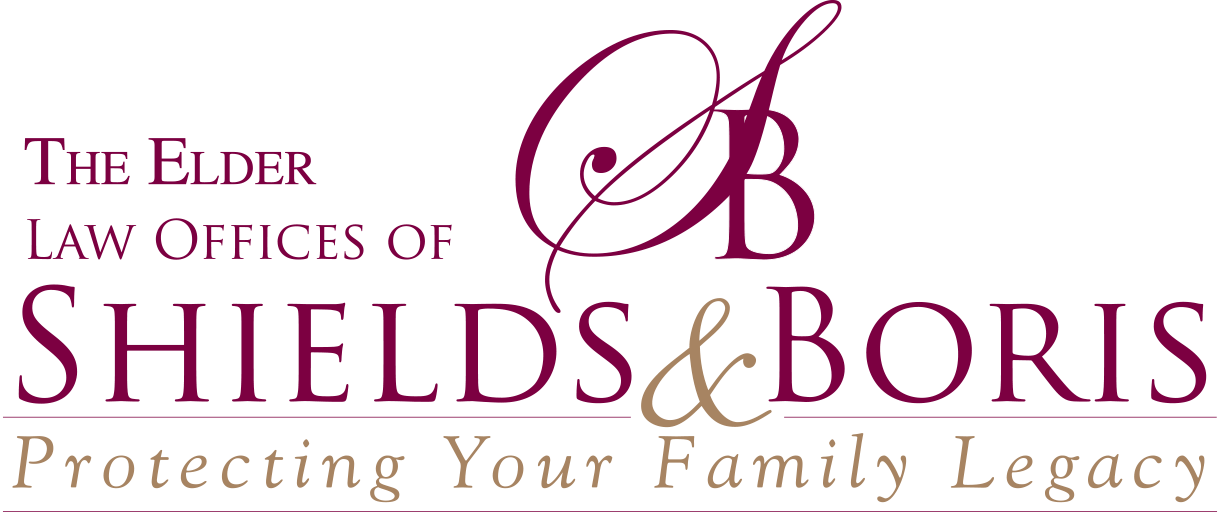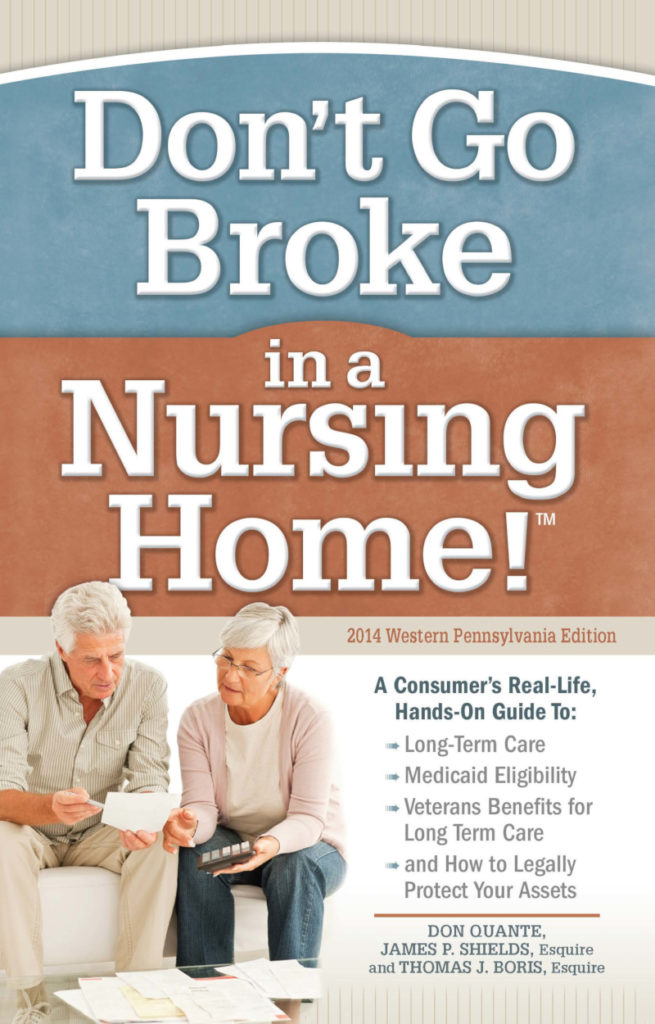Revocable vs. Irrevocable Living Trusts: Which is Right for Your Estate Plan?
Posted on November 3, 2025 by shieldsandboris
A trust is a legal arrangement in which one party (the trustee) holds and manages assets on behalf of another party (the beneficiary). While there are many different types of trusts, they can be divided into two broad categories:
Revocable trusts and Irrevocable trusts
The Elder Law Offices of Shields & Boris is a boutique law firm that is focused on helping people and families protect their best interests. Our Pennsylvania estate planning attorney provides a guide to revocable trusts and irrevocable trusts, including how to decide which one is best for you.
What is a Revocable Trust?
A revocable living trust is a type of trust that allows the grantor (creator) to retain control over its management and the assets within it during their lifetime. Indeed, the grantor can amend, revoke, or terminate the trust at any time as long as they are still mentally competent. In Pennsylvania, these trusts are governed primarily by the Pennsylvania Uniform Trust Act. The law recognizes revocable trusts as flexible estate planning tools. Upon the grantor’s death, the trust becomes irrevocable. Its terms will dictate how assets are managed and distributed. Is it the right option? Here is an overview of the advantages and disadvantages:
Benefits: Revocable trusts offer flexibility and privacy. They allow for efficient management of assets during incapacity and avoid the probate process. Because the grantor remains in control, assets can be added or removed freely.
Drawbacks: Revocable trusts do not provide asset protection or tax sheltering. Since the grantor retains ownership and control, the assets remain part of the taxable estate and are reachable by creditors. They also do not shield property from Medicaid spend-down.
What is an Irrevocable Trust?
An irrevocable living trust is a type of trust that cannot be changed or revoked once it is set up, except under very limited circumstances with approval from a Pennsylvania court and/or with the consent of all beneficiaries. When assets are transferred into an irrevocable trust, the grantor gives up ownership and control. The trustee then manages the trust according to its terms. Because the grantor no longer owns the assets, they are removed from the taxable estate and may be protected from creditor claims. Here is an overview of the advantages and disadvantages:
Benefits: Irrevocable trusts are powerful asset protection and estate tax planning tools. They can shelter wealth from lawsuits, creditors, and long-term care expenses while ensuring that assets pass to beneficiaries as intended. In Pennsylvania, irrevocable trusts are commonly used for long-term care planning.
Drawbacks: The primary disadvantage is loss of control. Once assets are placed in an irrevocable trust, the grantor generally cannot reclaim them or alter the trust’s terms. Any modification requires court approval. Of course, the court may not approve of a change.
Considerations for Determining the Right Option for Your Estate Plan
Level of Control Desired: The most significant distinction between revocable and irrevocable trusts is control. If you want to maintain flexibility, a revocable trust is better suited. When you set up an irrevocable trust, you should assume that those assets will be out of your direct control going forward.
Privacy and Probate Avoidance: Both trust types can help avoid probate and maintain privacy, but only the revocable trust allows continued access and management during life. For many families, this makes it the preferred option. If your main goal is privacy and/or probate avoidance, setting a revocable trust is generally the better option because you do not have to sacrifice control.
Asset Protection Needs and Goals: Pennsylvania does not recognize self-settled asset protection trusts. In other words, assets in a revocable trust remain vulnerable to creditors. If your goal is to shield assets from future liabilities or long-term care costs, an irrevocable trust is the only effective option.
Medicaid and Long-Term Care Planning Needs: If nursing home care or Medicaid eligibility is a concern, irrevocable trusts are the superior planning tool. With that being said, Assets must be transferred in advance of any application to satisfy the five-year look-back period for this tool to work. In contrast, a revocable trust offers no Medicaid protection.
Estate Tax Exposure: While Pennsylvania does not impose a state estate tax, the Pennsylvania Inheritance Tax (20 Pa.C.S. § 9111) still applies. Irrevocable trusts can reduce or defer this burden by removing assets from the estate. Revocable trusts, by contrast, offer no tax savings.
Size, Complexity, and Upfront Costs: There are some costs associated with setting up any type of trust. With that being said, a revocable trust is generally less expensive and less complicated to create than an irrevocable trust. For people with smaller estates who are considering trust planning, a revocable trust may be the better tool for achieving their goals in a cost-effective, efficient manner.
We are Leaders in Trust Planning in Pennsylvania
Many middle-class people and families in Western Pennsylvania can benefit from setting up a trust. A trust can be a flexible, efficient estate planning tool. With that being said, you need to set up the right trust for your specific situation. This process begins by determining whether a revocable trust or an irrevocable trust is the most suitable option. For some, there may even be benefits to using both types of trusts. A personal review of your situation is always required to determine the right estate planning strategy. At The Elder Law Offices of Shields & Boris, our estate planning and elder law team is more than ready to help. We are leaders in trust planning in Pennsylvania. Your initial consultation with our Pennsylvania trusts lawyer is entirely confidential.
Call Our Pennsylvania Estate Planning Lawyer
At The Elder Law Offices of Shields & Boris, our Pennsylvania estate planning attorneys are deeply knowledgeable in trust planning. If you have any questions about whether a revocable trust, an irrevocable trust, or another option is better for your estate plan, we are here to help. Give us a call at (724) 204-5643 or contact us online to arrange your completely confidential case evaluation. We provide estate planning services throughout Western Pennsylvania.




